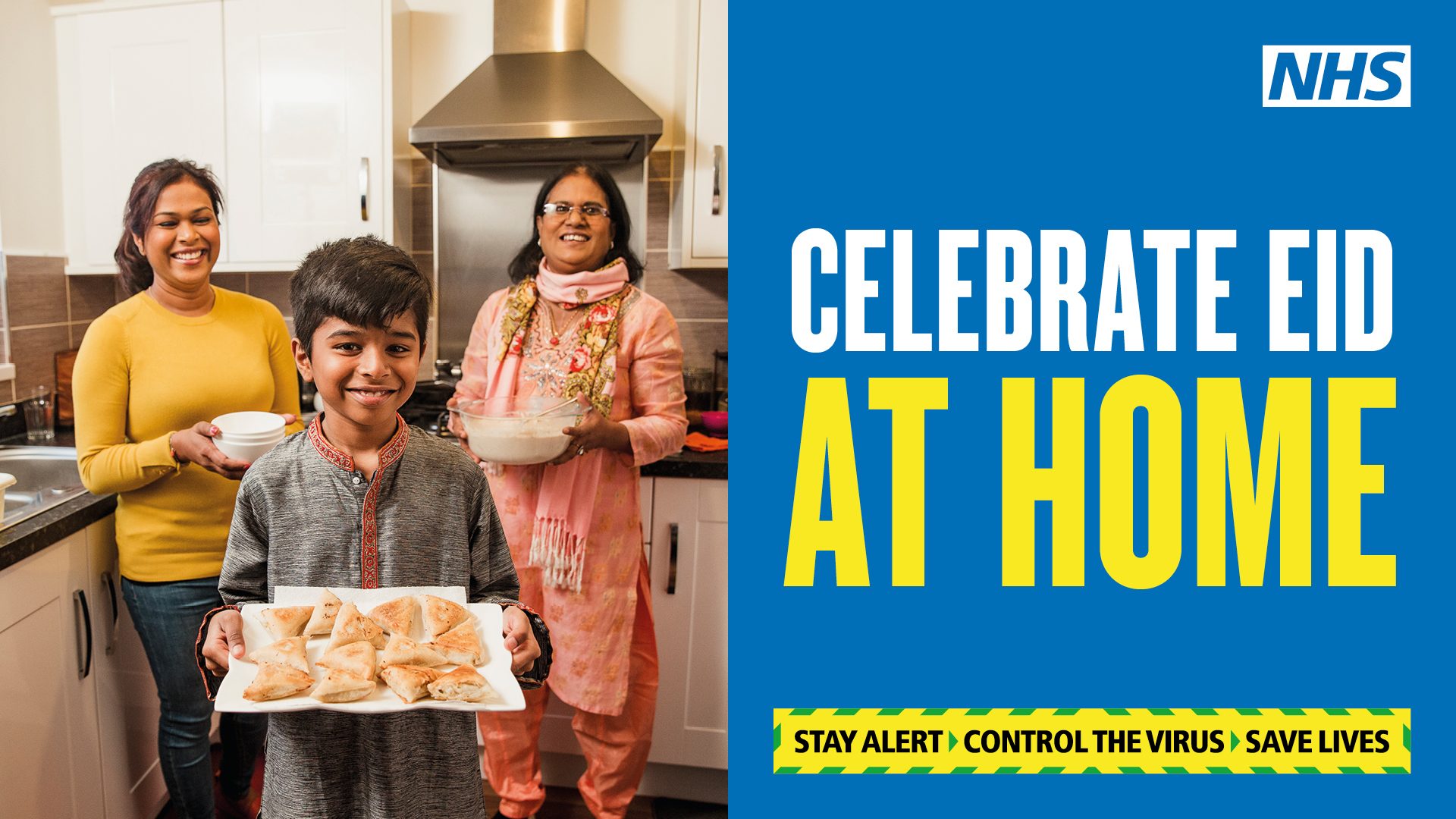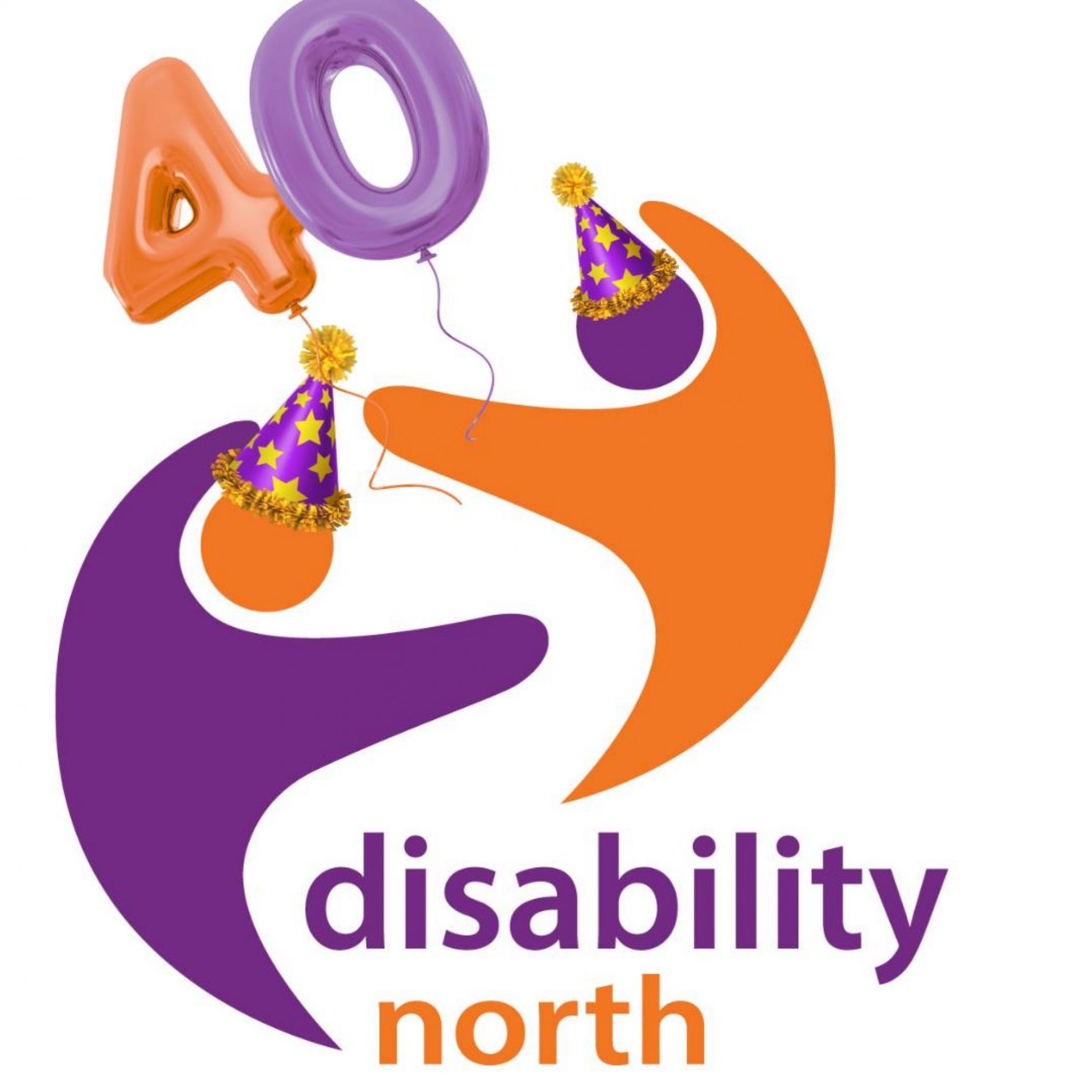Coronavirus: Control over support is helping keep disabled people safe, evidence suggests
Disabled people who use direct payments to pay for support in their own homes are using this control over their care to stay safer during the coronavirus pandemic than if they were in institutions, early evidence suggests.
Disability News Service (DNS) has spoken this week to six organisations – four of them user-led – that support disabled people who use direct payments to pay for their own personal assistants (PAs).
Taken together, they are in touch with thousands of disabled people on direct payments.
And their experience so far suggests that the use of direct payments, which gives disabled people control over their own support, has ensured that they and their PAs are mostly being able to take precautions to protect themselves from COVID-19 infection.
This early evidence – although the conclusions are only tentative and based on a small sample – contrasts with increasing concerns over the number of deaths in care homes across the UK due to COVID-19.
Despite this evidence, the organisations DNS has spoken to have stressed that employers of PAs are still facing significant difficulties in obtaining the personal protective equipment (PPE) they need to keep them and their PAs safe, and in securing testing for the virus when they, their PAs or their families show possible COVID-19 symptoms.
Dr Victoria Armstrong, chief executive of Disability North*, a user-led organisation based in Newcastle, said that those users of direct payments who were “confident employers” and have had the support of their social worker and organisations such as hers appeared to have coped well with the pandemic so far.
In general, she said, people receiving direct payments appeared to be staying safer than disabled and older people in care homes, because they have been more able to control their support and ensure their own safety.
But she stressed that there were PA employers in the area who had not been in touch with her organisation, and they could be struggling to cope with the pandemic.
And she said there were significant concerns over the provision of PPE.
The situation has been complicated by Newcastle City Council’s decision to go ahead with transferring the direct payments support service from Disability North to the controversial outsourcing company People Plus – which won the contract through a tendering process – tomorrow (Friday).
Because of the council’s failure to ensure people on direct payments were able to secure the PPE they needed promptly, Disability North set up – without any additional council funding – a system in which employers of PAs who needed PPE could collect supplies provided by the council from outside DN’s offices.
But the council has now turned down a proposal from Disability North to continue that service after tomorrow, when the local authority will organise deliveries of supplies of PPE itself.
Armstrong said the council’s organisation of PPE supplies for employers of PAs had been poor and, as a result, many disabled people felt like an “afterthought”.
She said she was concerned that some disabled people in the area might now find it difficult to secure the equipment they need to keep safe.
A Newcastle City Council spokesperson praised Disability North for its support of people on direct payments, and its support through the pandemic.
He said People Plus was “experienced at delivering high quality direct payment support services”.
And he said the council had been working with local partners to ensure PPE was available across Newcastle to those who need it, including care homes, front-line social workers and those using direct payments.
He said: “We are extremely grateful for the support that Disability North have provided with the distribution of this essential equipment and are now in a position to set up our own arrangements which will speed up the distribution process to vulnerable people.”
Geraldine Des Moulins, chief officer of the disabled people’s organisation Possability People, in Brighton, said: “We haven’t heard of any deaths [of people on direct payments], we haven’t heard anything like that at all.”
She said her biggest concern currently was about the long-term impact of the crisis on disabled people, including those on direct payments.
Any government moves to ease the lockdown are unlikely to change the day-to-day experiences of many disabled people who will still need to continue sheltering at home, she said.
“They are still going to be in lockdown. My main fear is mental health and general wellbeing.
“There is still a lot of fear out there about what next, what happens now.”
Her organisation is now thinking about how to help disabled people with their resilience and self-confidence in the longer-term, and ensure they remain both safe and engaged with the community.
She added: “This is going to affect disabled people for a long time yet. It is the long term that is the biggest worry currently.”
Possability People is among those organisations who pointed this week to the poor and confusing official information about PPE, such as gloves, masks and gowns, and the continuing difficulty of obtaining it.
Des Moulins said: “If you’re on direct payments, you’re more or less on your own to sort things out.”
Kimberly Myhill, senior development officer with the user-led organisation Equal Lives, which is based in Norwich, said it was a “new and rapidly changing situation” and it would be “some time before any robust research can ascertain the levels of safety”.
But she said Equal Lives knew of deaths in care homes in Suffolk linked to coronavirus, while she was not aware of any of its service-users on direct payments who had died because of the virus.
She said that most of the people on direct payments that Equal Lives supports in Suffolk were choosing to stay at home and isolate with their families, rather than continuing to use their PAs.
For safety reasons, many are using their funding to pay their relatives for their support, thanks to new flexibilities confirmed in last week’s long-awaited government guidance for those on direct payments.
But those who are still using PAs are having to cope with staff coming into their homes without PPE, she warned.
Myhill said that those receiving direct payments through the NHS “appear to have had a better level of support than those who deal with the local authority, maybe due to the NHS having more of an understanding of infection control”.
Tracey Jannaway, director of Independent Living Alternatives, the social enterprise founded by the independent living pioneer David Morris, said key issues included how early disabled people had gone into lockdown and how well they had been able to shield.
She said many PA-users “had begun shielding and isolating before the official lockdown date and have been able to minimise their teams of PAs in order to reduce risk if not eliminate it”.
But she said she was “wary of saying simply that residential care has it worse that people in the community” as there have been “examples of really good practice in the residential sector”.
She also said there had been much confusion, misinformation and changing information around the use of PPE, and “a lot of confusion over shielding and isolating”.
Mike Adams is chief executive of Purple, which supports about 4,500 disabled people on direct payments, who in turn employ just under 7,000 PAs, across local authorities in Essex, Oxfordshire, Cambridgeshire and Leicestershire, and nine clinical commissioning groups.
He said: “We certainly haven’t heard anecdotally of any cases where either service-users have passed away or [there has been] a spike in the numbers of people going into hospital.”
Asked if he thought disabled people on direct payments could be safer than those in care homes, he said: “I think there’s something to it.”
But he said the challenges faced by disabled people on direct payments had received scant attention from the media.
And Adams said there had been an initial fall of about 10 per cent in the number of hours of support people on direct payments were using, which was probably due to them deciding to self-isolate and PAs deciding to stop working because of the COVID-19 risk.
He said that the “detrimental impact” of this fall in support and of the isolation were a “hidden cost” of the pandemic that had yet to surface, although it was not clear whether some of the fall in support had been replaced by care from family members.
Although some disabled people and PAs have reported COVID-19 symptoms, he said, because of the difficulties in obtaining testing there was no way of knowing how many have been infected.
He said there was “clearly a need” for disabled people and their PAs to have access to testing, and to the PPE they need to stay safe.
John Evans*, a pioneer of the independent living movement and now facing the twin challenges of terminal cancer and adapting to the COVID-19 pandemic, said he had not heard any “worrying stories” from any of the many PA users he knows.
He has arranged shifts so there are fewer changeovers between his PAs, and he does not allow them to shop for him because supermarkets are “high risk” areas.
He has had help with shopping from an “amazing” local support group, after he was unable to book any supermarket delivery slots.
He said: “In terms of all the PA users I know, they are all managing in similar ways and as yet I have not heard any worrying stories. Let’s hope it continues.”
Evans, who lives in Hampshire, said that his continuing healthcare personal health budgets team had been “really helpful” in securing access to PPE, including providing a 10 per cent increase in funding to pay for masks, gloves and gowns.
He partly attributes this success to a co-production group that has been running for about 18 months, which includes him and three other users of direct payments, and has helped devise the team’s policies and protocols.
Gerry Zarb, from the user-led Spectrum Centre for Independent Living, in Southampton, said they also were “coping fairly well”, although receiving increasing numbers of calls from people on direct payments on issues such as food deliveries and their own mental distress, while some Spectrum staff had had to cope with their own PAs self-isolating.
He said Spectrum’s PA agency was still running, although its supplies of PPE were running low and it was becoming difficult to replenish them.
He said: “Fortunately we haven’t had much sickness yet but it’s always on your mind that this could happen at any time.”
*He has written a blog for the Social Care Institute of Excellence on how to support people with long-term health conditions who are self-isolating in their own homes
**Disabled people in the north of England, from the Tees Valley up to Northumberland and across to Cumbria, can call or email Disability North for advice through its new community care project
***Possability People and Disability North are both DNS subscribers
****Links to sources of information and support during the coronavirus pandemic include the following:
Real
Inclusion London
Disability Rights UK
The Department of Health and Social Care
National Survivor User Network
Spinal Injuries Association
COVID Mutual Aid UK
Disability North
Disability Wales
Citizens Advice
30 April 2020. News provided by John Pring at www.disabilitynewsservice.com



